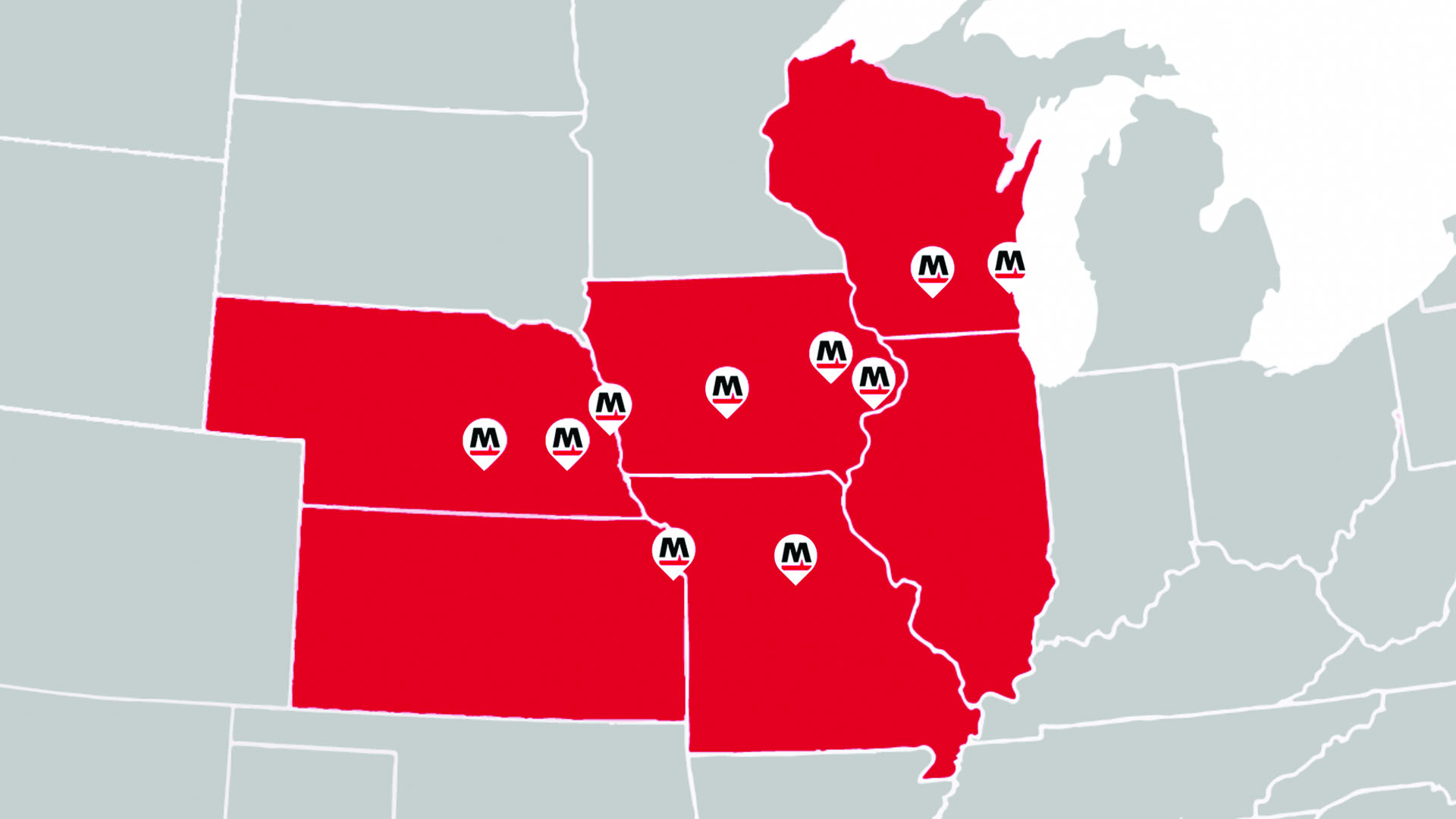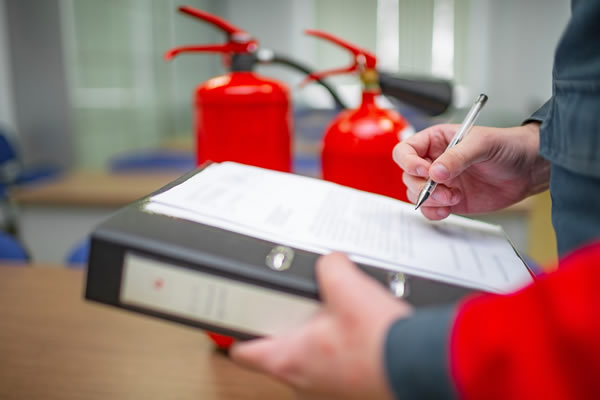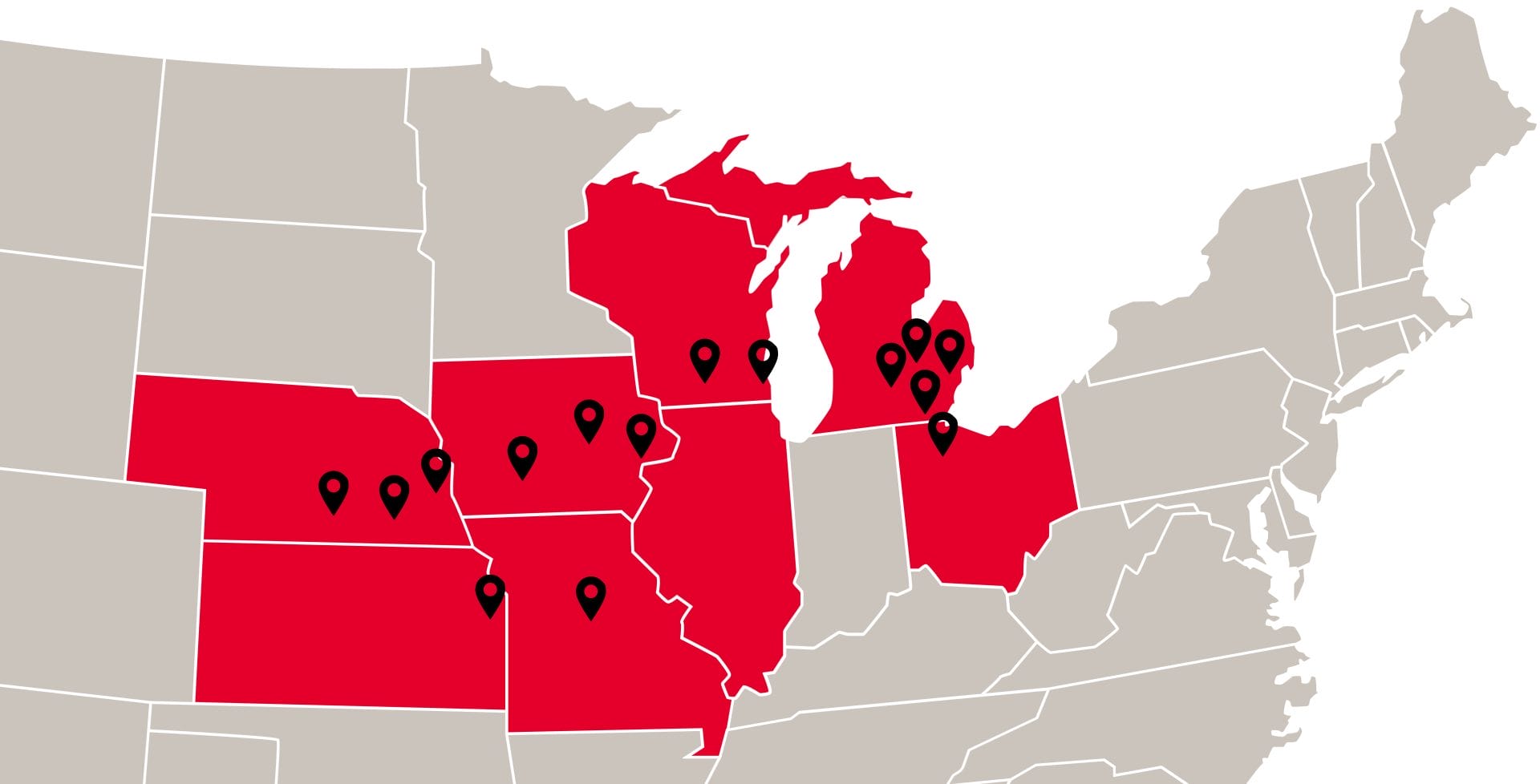
Why You Need a Network of Fire Alarm Systems
Having an effective network of fire alarm systems is critical to the safety of any establishment. Without them, you run the risk of major fire damage, employee injury, and significant reconstruction costs.
Well-functioning fire alarm systems enable you to provide an early warning to speed up evacuation time for people in the building and reduce property damage. Over the years, fire alarm technology has evolved, allowing for increased safety. Thanks to a properly installed network of fire alarm systems, you can benefit from greater protection from accidental fires that could spread throughout your property.
What Makes Networked Fire Alarms Different?
A networked alarm system communicates data throughout the fire alarm panels, allowing for greater control over the fire safety of an entire building. These systems can be customized to meet the specific needs of your facility, no matter what the size.
The control panel is a fundamental component of the system. Large fire alarm systems feature control panels for every floor of the building (or a variety of set locations). Each panel maintains the status and control of a designated area.
A network fire alarm system allows you to access panel information from a central location. A single-system view saves you from visiting multiple physical sites. Furthermore, networking improves survival rates. Should a single panel lose communication, the remaining panels can still function and communicate with each other.
An Efficient, Central Monitoring System
Networking technology gives building owners superior command and control during a fire. Midwest Alarm Systems installs fire alarm systems with application design in mind to suit your facility’s unique fire protection needs. By choosing our systems, you can enjoy the following benefits.
Enhanced Command and Control Capabilities
Access to your entire system from a centralized dashboard, making it easier to command and control your fire alarm system. Administrators can check the status of intelligent devices within their system remotely using computer software. For instance, they can adjust the sensitivity of smoke detectors and disable devices from their dashboard.
Better Survivability
A comprehensive network of fire alarm systems can function in a standalone mode, but they can also communicate intelligently. Its superior survivability means that no one component can take down the whole system, even when communication in one panel is down.
Convenient Event Documentation & Reports Reviews
Using the centralized dashboard, authorized users can pull up historical reports, view previous system adjustments, and review troubleshooting and advisory logs. Administrators can use this information to learn about what caused an alarm to go off and why.
Cost-Effective Technology
Shifting to a networked fire alarm system results in lower annual monitoring costs. Standalone systems require two transmission channels and a central monitoring agreement. Networking technology, on the other hand, needs only one transmission channel and monitoring agreement for your entire building.
Mass Notification Integration
If you include emergency communications to your networked system, you can integrate it with your current mass notification system and deliver critical messages to people during an emergency. Administrators can do this with an inside and/or outside building voice announcement, on-screen pop-up displays, text messages, emails and more.
The safety of your building and its occupants is of the utmost importance. We have installed fire and security systems in healthcare, manufacturing, educational, and industrial facilities across the Midwest and we know what it takes to keep your establishment safe and secure. We look forward to protecting you, too! Contact us for more information



